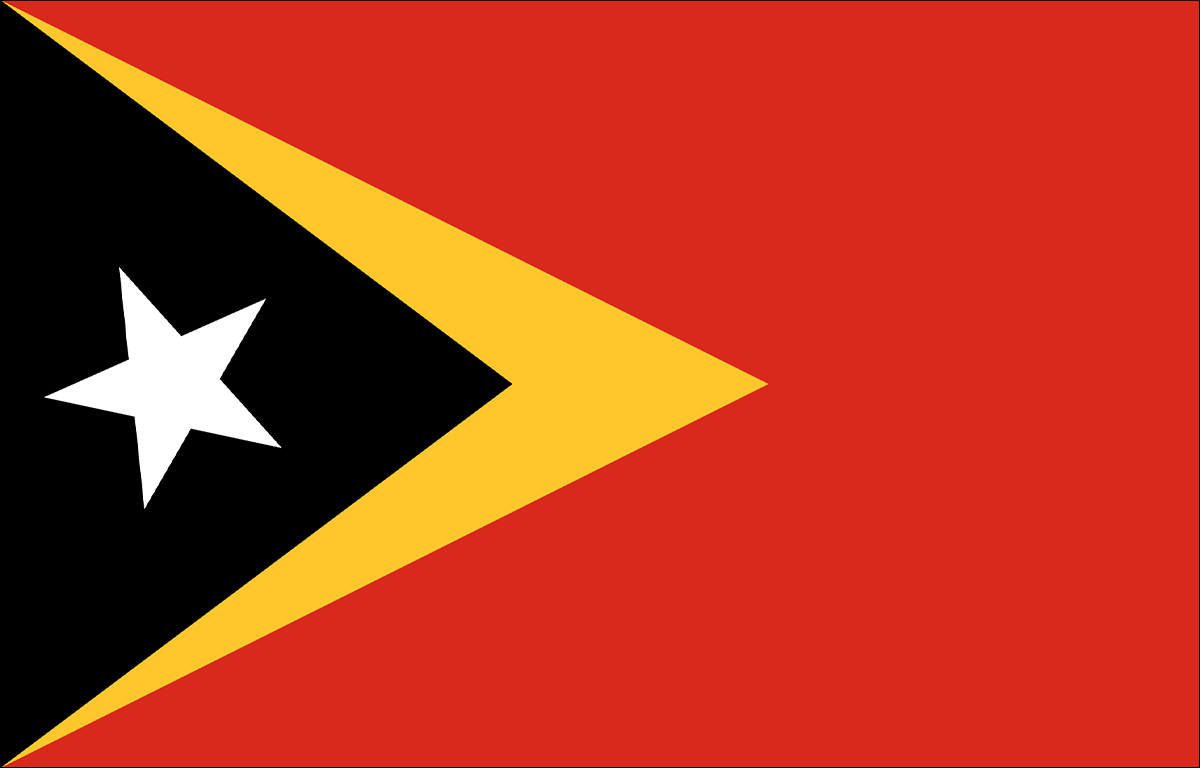
Breadcrumb
Timor Leste

Capital:
Dili
Land Area:
14,874km²
Inland Water Area:
0km²
Length of Coastline:
706km
Timor-Leste is a country endowed with natural beauty, including magnificent coral reefs, pristine coastal waters, and megafauna assemblages including whales, dolphins, whale sharks, orcas and manta rays. It is also a young country that is in the process of rebuilding its physical, governance and institutional structures, with primary focus on poverty reduction and promotion of equitable and sustainable economic growth. The National Development Plan (2004) recognizes the inextricable link between these goals and natural resource management, and promotes sound management and utilization of natural resources together with development of alternative sources of livelihood.
Over the years, Timor-Leste has made considerable advances in the sustainable management of its oceans, addressing various threats that cross jurisdictions and sectors, and promoting integrated management approaches. ICM in the context of climate change was promoted in cooperation with various development partners. For example, in the municipalities of Dili, Manatuto, and Liquica, the SDS-SEA Program is assisting the local governments to strengthen collaborative planning mechanisms in support of ongoing government decentralization processes.
In 2007, Timor-Leste created its first marine park, Nino Konis Santana National Park, in order to conserve 123,600ha of land and seascapes which are home to nationally and globally significant species and habitats. The park includes 55,600ha of the "Coral Triangle" and 25 endemic bird species. Timor-Leste has also undertaken coastal resource and habitat assessment and mapping and various activities in the watershed areas in collaboration with various experts and donors. Capacity development activities for alternative livelihood to reduce poverty and protect marine and coastal resources have also been undertaken in selected local areas. Various efforts are also underway to develop plans and enabling policies and legislations for natural resource conservation and sustainable development, including the implementation of the National Biodiversity Strategy and Action Plan (NBSAP) and the National Adaptation Programme of Action (NAPA).
The National Strategic Development Plan (SDP) 2011-2030 provides directions for the integrated management of environment and natural resources across sectors. In addition, a roadmap for the implementation of the SDP and UN Sustainable Development Goals (SDGs) has been created. In 2018, the National Oceans Policy (NOP) for Timor-Leste continued to be promoted to the government and various development partners as a framework for consolidating government, sectoral and donor/partner-supported initiatives related to the coasts and oceans. Consultations were also initiated on the development of the NOP Implementation Plan. To demonstrate local implementation of the policy, the municipalities of Dili, Manatuto and Liquica—through their inter-agency ICM Task Teams, with support from the Ministry of Agriculture and Fisheries (MAF) and PEMSEA ICM Learning Centers at the National University of Timor-Leste (UNTL) and Oriental University of Timor-Leste (UNITAL)—held stakeholder consultations for the preparation of coastal strategies and implementation plans, which will promote a coordinated approach among governments, communities and various partners in addressing priority issues in their respective coastal areas.
History of Timor Leste's engagement in PEMSEA.
Focal Points:
Director General Akasio Dos Santos (National Focal Point)
Director-General of Fishery, Aquaculture and Marine Resources,
Ministry of Agriculture, Livestock, Fisheries and Forestry (MALFF)
Mr. Rafael Pereira Goncalves
PEMSEA Coordinator in Timor-Leste